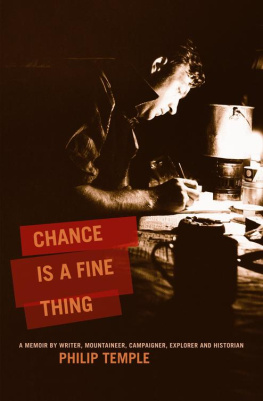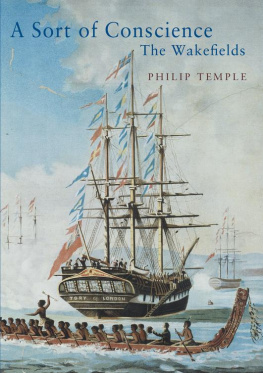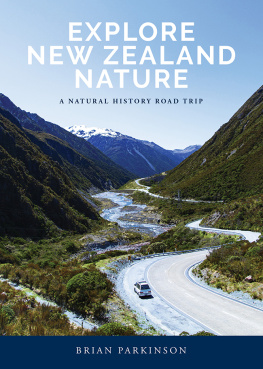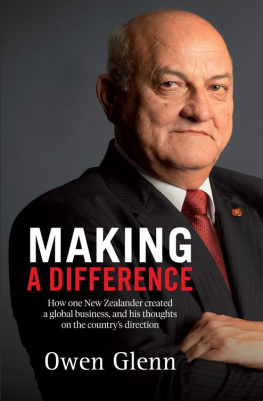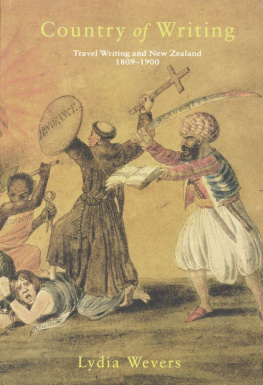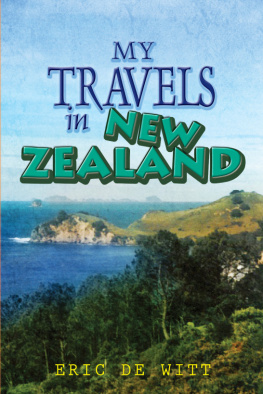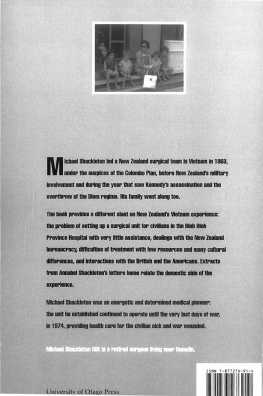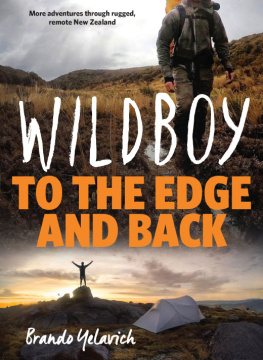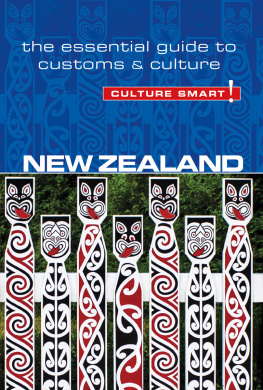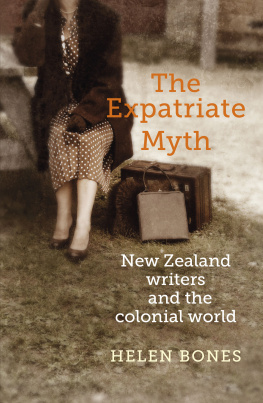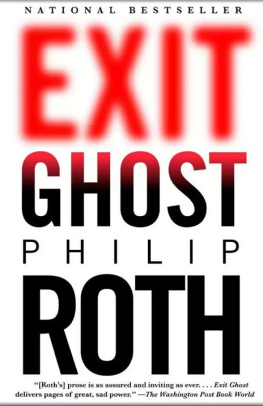As Philip Temple explains in his preface, this memoir is about his life and the country he chose to call home. It shows how he left England at a young age and how he came to explore and love this country, scaling its mountains and writing its stories. New Zealand has always pulled him back, despite adventures overseas, exploring previously unknown regions of the world, sailing in exciting waters, trailing through Europe, and having a long love affair with Berlin.
In an honest and remarkably diverse appraisal of his life, Temple reveals his personal and professional relationships, including his search for his father, the failure of his marriage, difficult times working for the Listener, and his campaigning for MMP. It is also a fascinating account of how he has made a living as a full-time writer. Compelling, thoughtful and moving, this is an important view of the last fifty years.
Memoir is personal and selective, aiming to render in eloquent focus a story drawn from the writers relationships and experiences. It can take many forms, such as a spiritual travelogue, a long journey around a father or mother or an embellished account of a career. But whatever it portrays, memoir usually seeks to engage the readers sympathy with the tragedies, farces, and even triumphs, of the writers life as he travels towards understanding or redemption. Autobiography, it is said, is a more thorough account of a life, ostensibly grounded in verifiable fact; but, given that the truth it bears is equally problematic, it may be simply a more long-winded myth than memoir. For memoir should stick to the Mythos, stories that the writer, from his personal witness, considers worth telling. There is solipsism in this but the sharing of personal stories and experience is one of the essentials of being human.
The stories that I think worth telling are of how, as a young man, I left home on the other side of the world half a century ago and took the chance to become a New Zealander. More, of becoming a New Zealand writer now able to look back over 50 years and relate not only what happened to me, of how I grew up, but also something of how the country has grown and changed. It is about my developing relationship with my country and some of its people.
Consequently, there are only limited accounts of my times outside New Zealand, on mountain expeditions or, later, in Europe, except where these bear on my New Zealand experience. In any case, the expeditions have been well traversed in other books. This is also not an extensive literary memoir although writing and books have been the greatest part of my working life. More about the people, the experiences, the struggles, controversies and politics of the literary life may well be worth a separate memoir one day.
Sometimes, just within earshot, I have heard it said that I am not really a New Zealander, because I was not born nor did I grow up here. The Maori version of this says that because I have no ancestors here, I do not have the same moral or spiritual place and rights as the tangata whenua. My response to all this is that everyone born here had no choice in the matter and this is hardly the basis for occupying a higher moral ground. Also, many of those born here, even Maori, have chosen to go elsewhere. I chose to come here and stay, despite all the difficulties this entailed. I am glad I did and, although my ancestors are elsewhere, my land is here beneath my feet. Indeed, I have begun to be an ancestor myself. This book is his myth.
In the icy darkness of a midwinter late afternoon, it seemed the only place I could go for shelter, for solitude, where I could think, a place away from all the people and the traffic, the overwhelming clangour of lower Fleet Street. St Pauls, an illuminated airship of inspiration rising above Ludgate Circus, was too immense, too full of patriotic challenges. There had to be somewhere smaller, a church nobody went to; there were plenty of these now. The last time I had visited a church had been for my brothers christening about eight years before. But since I had first started school there had been prayers and hymns (as far back as All Things Bright and Beautiful), compulsory religious instruction, and that great religious monument, Westminster Abbey, with Poets Corner, the Unknown Warrior and the Coronation. Even a confirmed teenage atheist like me could not deny the history and traditions, the sense of peace and sanctuary even aesthetic stimulation that only a church could provide. At that moment, I was intuitively seeking a place that best represented the country I had grown up in, the only one I had ever known, to make a final decision, now or never, to leave it for another country on the other side of the world.
The enormity of what I was planning to do had not registered until the New Zealand immigration officer pushed the final contract form across the desk and said, Sign there and then, Youre quite sure about everything, are you? Youll be sailing around June
Oh yes, everythings fine, I replied, signing quickly, but thinking, What does he mean, what dont I know, what have I overlooked, is there something I havent been told? I stood up and we shook hands and he said, Well let you know about a sailing date as soon as we can. A late wave of uncertainty overtook me and I went to ask more questions, but he was already looking over my shoulder with an expression of, Next please. He swept my papers into a folder, the folder into the Out tray, and I began to panic. Once those papers went into the system, I thought, once they had banked my 10 postal order, there could be no turning back. I was a novice sky-diver at the door of the plane. For the first time since I had thought of doing this, I was faced with the reality of what I had been planning for months. But did I really want to do this? Why did I want to do this?
I walked the streets around Smithfield and came to a church whose door was ajar. I slipped inside, hoping no one had seen me, and was relieved to find it empty. I sat in a pew near the back, looked up at the dimly lit ceiling vaults and the pious sculptures but found no clues or reassurance. Without shame, I dropped my head, closed my eyes, recited the Lords Prayer and prayed for guidance. But God was having none of this convenient conversion. With fears and doubts still tumbling around my head, I began to think of leaving, of trying somewhere else, when the church door opened and a young curate walked in, down the aisle, and began switching off lights in the vestry and altar area. When he came back, he caught my eye, detected something in my look and came to sit beside me. Are you all right? I shook my head. Can you tell me about it? I looked at him: he seemed trustworthy enough, the stranger willing to listen. I blurted, I have to make the biggest decision of my life and I dont know what to do. He recoiled a little from the import of this but then remembered who he was and said, Why dont we talk about it, then? I nodded and he added, But not here, I have to close up. Better at my flat, its not far. I had experience enough to know the possible implication of this. He saw my doubt and said, My wifes expecting me.
I remember walking with him through the winter darkness for about fifteen minutes to a poorly furnished first-floor flat. There was a fire in the grate and I stayed there so long that the curates wife gave me baked beans on toast and a cup of tea. I left only because she insisted they had to go to a concert. She was less sympathetic to me than her husband, probably regarding me as another one of his waifs and strays one, perhaps, who had produced a confession more prolix and intense than most.

